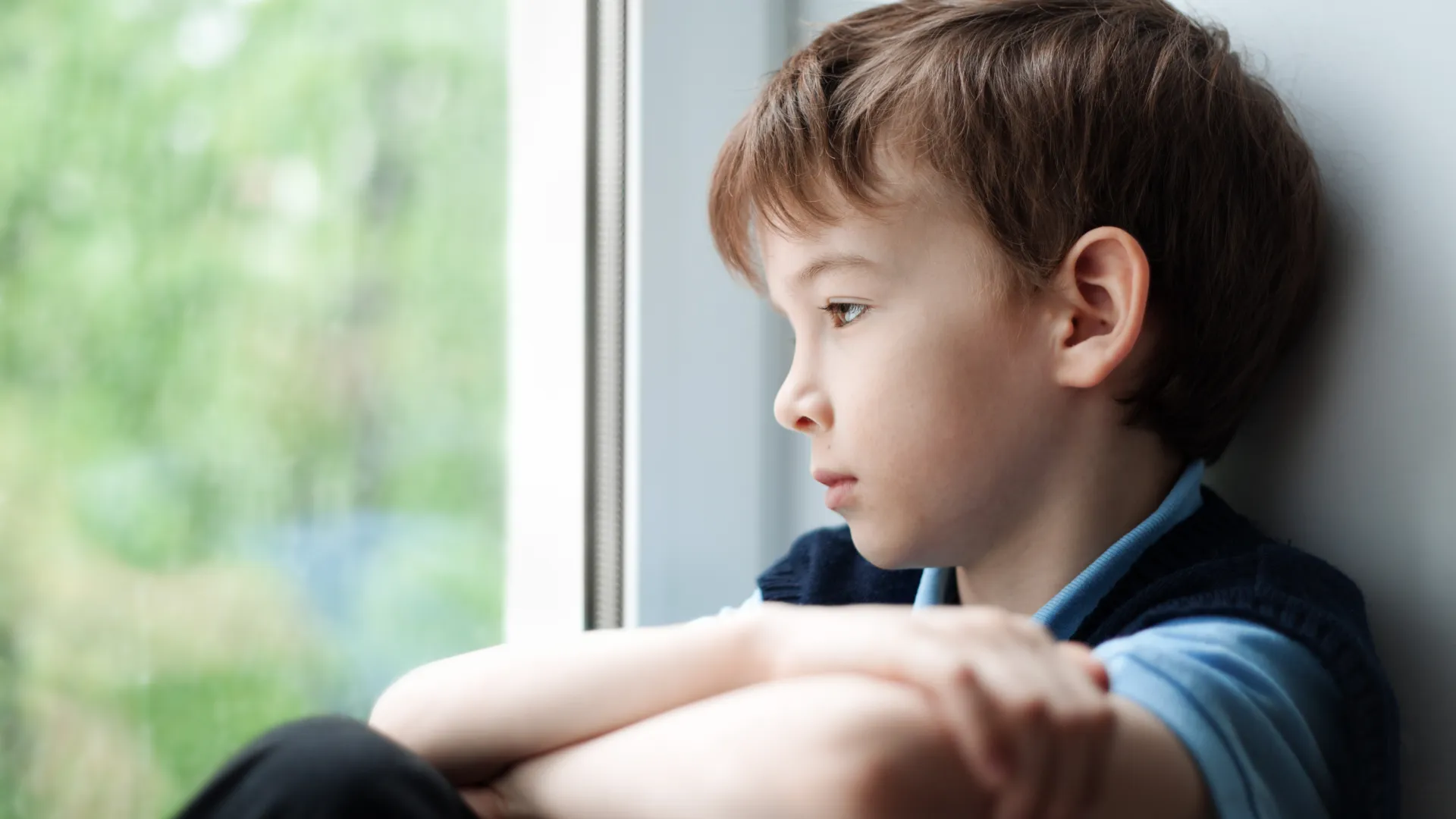
Helping Kids Through Divorce

How to Help Kids Through a Divorce
Going through a divorce can consume your life. You essentially have to go from living as a family unit under one roof to learning how to live separately. For a couple with no children, this new reality can be daunting, and the spouses will likely need some extra support from friends and family to get through it. For a couple with children, it is even more difficult.
If you are going through a divorce with kids, so are your kids. The divorce will change your child's day-to-day reality. They will go from not seeing both parents every day to changing homes and possibly schools. During this transition, it is essential to offer your children extra support to help them through what will surely be a life-changing and challenging event in their lives.
Tips for Reducing the Impacts of your Divorce on your Children
Use a Routine
A regular schedule is a lifeline for children during divorce, offering stability when life feels unpredictable. Keep them in their usual extracurricular activities, like sports or music lessons, to maintain familiarity. Clearly communicate when they'll see each parent—use a shared calendar for older kids so they can visualize their week or month. Consistency in daily routines, like bedtime or dinner, reduces stress and helps them feel secure.
Don't Speak Negatively about their other Parent
You may have valid grievances, but sharing them with your children can harm their emotional health and put them in the middle of your conflict. Both parents will remain part of their lives, and you'll likely cross paths at events like games or graduations. Keep it civil—avoid negative comments to preserve your child's relationship with their other parent and reduce awkwardness for everyone.
Reassure your Child it is not their Fault
Children often assume their actions—like a tantrum or bad grade—caused the divorce. Tell them directly, "This is about Mom and Dad, not you," using simple, age-appropriate words. Repeat this message even if they seem to understand, as self-blame can linger. Reassuring them that both parents' love remains unchanged helps ease their guilt and confusion.
Make Extra Time for your Children
Divorce can make kids feel overlooked, so carve out extra time to connect—read an extra story, play a game, or just chat about their day. This focused attention shows you're still there for them, boosting their sense of security. Listen closely to their feelings, letting them know they're your priority during this upheaval.
Have Fun with your Kids
Not every moment needs to revolve around divorce talks—show your kids life can still be light and joyful. Plan simple fun like a movie night, a park outing, or a silly craft. These carefree moments remind them you're still a fun parent and help balance the heavier changes they're facing.
Show Admiration for your Co-Parent
It's tough, but praising your ex—like thanking them for driving the kids to practice—strengthens your child's bond with them. This small act shows respect and teamwork, easing tension for your kids. They'll feel safer knowing both parents value each other's role, even if you're apart.
Encourage Time with Both Parents
Actively support your child's time with their other parent—it's key to their emotional health. Ask about their visits with curiosity, like "What did you enjoy doing with Dad?" This shows you're okay with their connection and helps them feel loved by both sides without guilt or pressure.
Talk about the Divorce with your Co-Parent
If possible, explain the divorce together to show your kids you're united in putting them first. A joint message like, "We're living apart, but we both love you," keeps things clear and open. This teamwork prevents confusion and reassures them there's no secrecy or blame to fear.
Give your child some things to Control
With so much changing, kids feel powerless—let them make small choices to regain control. Younger ones can pick their pajamas or snack; older ones might decide when to do homework or plan a weekend activity. These decisions boost their confidence and offset the chaos of divorce.
Encourage them to be a Kid
Divorce can push kids to mature too fast, worrying about their parents' problems. Shield them from adult concerns—say, "You don't need to fix this; just enjoy being a kid." Encourage play, friends, and hobbies, and lean on friends or a counselor for your own support so they can stay carefree.
